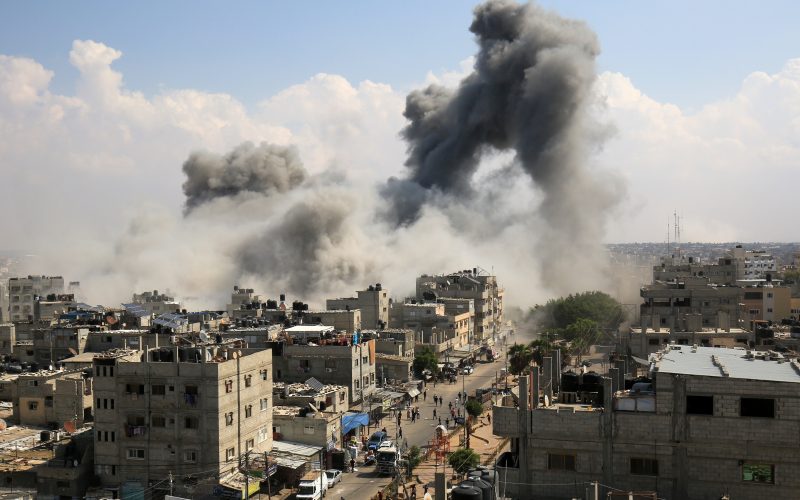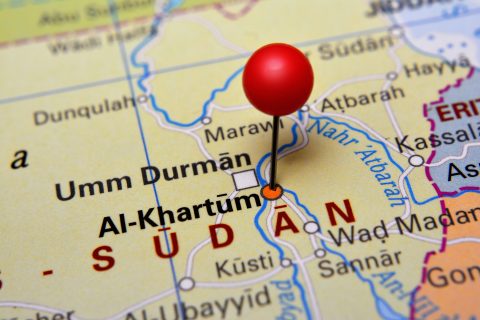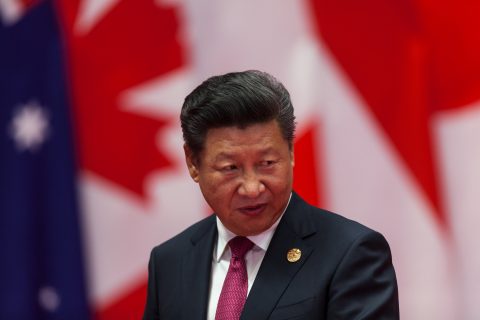The recent hostage negotiations led by Qatar and Egypt are a window into how the Middle East as a whole is affected by the war in Gaza. Maria Fantappie, head of the Mediterranean, Middle East, and Africa Program at Istituto Affari Internazionali in Rome, joins host Krys Boyd to discuss shifting political realities in a region with uneasy alliances. Her Foreign Affairs article, written with Vali Nasr, is “The War That Remade the Middle East.”
‘We are at a historical turning point in Israel-U.S. relations’
By Shaunessy Renker, Think Intern
In only two months, the Israel-Hamas war has resulted in immense bloodshed and a vast landscape of concrete ruin. And with no end in sight, the conflict is putting the United States in an increasingly difficult position.
“We are at a historical turning point in Israel-United States relations,” Maria Fantappie said this week during a Think conversation about her Foreign Affairs essay, “The War That Remade the Middle East.” “There is a moment where the United States will have to understand whether to prioritize its own strategic goals in the region… or its alliance and support for Israel. I think that the strategic goals of these two players are more and more conflicting.”
The U.S. support for Israel’s right to defend itself remains steadfast. But that has hampered relations with other nations in the region, especially Saudi Arabia, with whom the U.S. was close to securing a new defense pact before the war put those talks on hold.
“In my discussion and interactions with many decision-makers in the Gulf, they don’t feel that the United States is behind a political solution for the Palestinian-Israeli conflict,” Fantappie said. “They feel the United States is just trying to contain the conflict.”
Fantappie says for the U.S. to regain the trust of these predominately Muslim nations, it will need to demonstrate its commitment to a plan that will lead to long-term stabilization.
“So, we’re really putting a lot of emphasis on the need for the United States to have a grand vision for how to stabilize the Middle East and not only have short-term solutions that are neither going to contain Iran nor the larger conflict,” Fantappie said. “Unless Washington addresses the realities they’ve ignored so far — that Israel’s claim of self-defense turned into collective punishment of Palestinian civilians — they cannot devise new strategies for the Middle East.”
Fantappie says that grand plan must include a Palestinian state, which would appease many nations in the region but would lead to an uncertain future between the U.S. and Israel.





